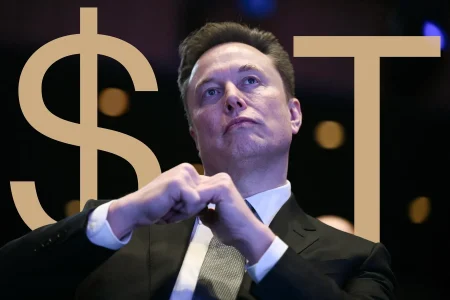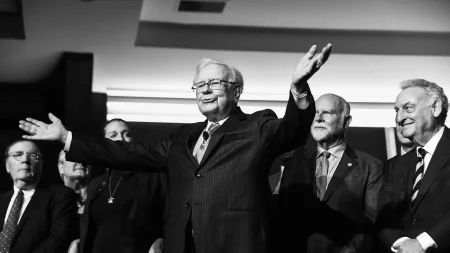A Year of Megadeals: 2024 M&A Activity Navigates Shifting Economic and Regulatory Tides
The global mergers and acquisitions (M&A) landscape in 2024 witnessed a resurgence, albeit a cautious one, amidst persistent economic headwinds and evolving regulatory scrutiny. Preliminary data suggests a total deal value of approximately $3.5 trillion, representing a 15% increase over 2023’s $3.2 billion. While this marks a positive trajectory, it remains significantly below the record-breaking $6.1 trillion peak observed in 2021. High interest rates and a stringent regulatory environment, particularly in the U.S., appear to have tempered dealmaking enthusiasm throughout the year.
The year’s largest transaction, ExxonMobil’s $64.5 billion acquisition of Pioneer Natural Resources, reshaped the energy landscape, solidifying ExxonMobil’s dominance in the Permian Basin. This megadeal underscored the ongoing consolidation within the oil and gas sector. Following closely was Mars’s $35.9 billion takeover of Kellanova, creating a snack food behemoth poised to dominate the global market. A proposed $35.3 billion merger between Capitol One and Discovery Financial, while promising to reshape consumer banking, faced significant political and regulatory hurdles, highlighting the increasing scrutiny of large-scale mergers. Interestingly, private equity firms played a relatively minor role in the largest deals of the year, with only two of the top ten transactions involving their participation.
Antitrust actions played a pivotal role in shaping the M&A landscape. The Federal Trade Commission’s (FTC) successful challenge to Albertsons’ $25 billion acquisition of Kroger, a deal that would have ranked among the year’s largest, sent shockwaves through the industry. The subsequent legal battle between Albertsons and Kroger, with accusations of breach of contract, further underscored the complexities and potential pitfalls of navigating the regulatory landscape. This heightened scrutiny underscores the FTC’s commitment to preventing excessive market concentration and protecting consumer interests.
The regulatory environment is poised for a potential shift in 2025, following the announcement of Lina Kahn’s likely replacement as FTC chair. The anticipated appointment of Andrew Ferguson, a more industry-friendly commissioner, signals a potential easing of antitrust enforcement, which could encourage more dealmaking activity. Furthermore, the Federal Reserve’s projection of fewer interest rate cuts than previously anticipated could create a more favorable borrowing environment, further incentivizing mergers and acquisitions. These factors, coupled with the potential renewal of 2017 tax cuts, have fueled optimism among dealmakers, with some projecting a 14% surge in M&A activity to reach $4 trillion in 2025.
The upcoming year holds the promise of several high-profile deals, with industry watchers speculating on potential acquisitions by tech giants like Alphabet, targeting companies like HubSpot or Wiz. The semiconductor industry is also rife with speculation, with Qualcomm seen as a potential acquirer of struggling chipmaker Intel. A stalled $4 billion bid by Tempur Sealy for Mattress Firm remains a point of interest. Perhaps the most anticipated potential deal is a $60 billion management buyout of 7-Eleven operator, Seven & i, though the company has yet to confirm any concrete plans.
The top ten deals of 2024 offer a glimpse into the diverse sectors experiencing significant M&A activity. ExxonMobil’s acquisition of Pioneer Natural Resources headlined the list, solidifying its position in the energy sector. Mars’s takeover of Kellanova created a snack food giant, while Capitol One’s proposed merger with Discovery Financial, though facing challenges, highlights the ongoing consolidation within the financial services industry. Synopsys’s acquisition of Ansys reshaped the chip design landscape, while Silver Lake’s take-private of Endeavor underscored the growing influence of private equity in the entertainment sector. Verizon’s acquisition of Frontier Communications, Home Depot’s purchase of SRS Distribution, Novo Holdings’ acquisition of Catalent, and the sale of Truist Insurance Holdings all represent significant transactions within their respective industries. Finally, Hewlett Packard Enterprise’s proposed acquisition of Juniper Networks promises to further consolidate the technology sector. These deals, spanning diverse industries, underscore the dynamic nature of the M&A market and its role in shaping the global economic landscape.














